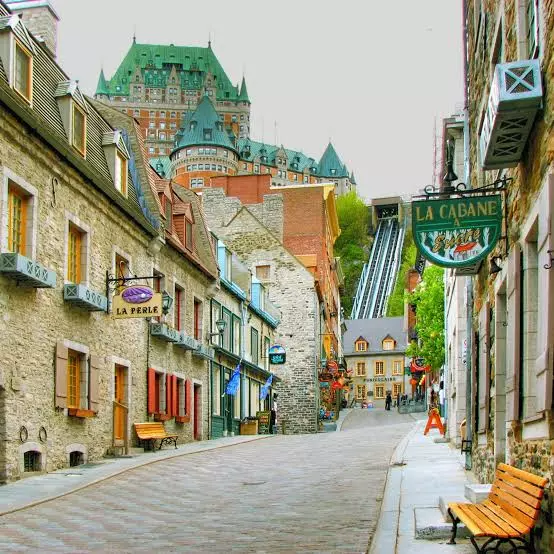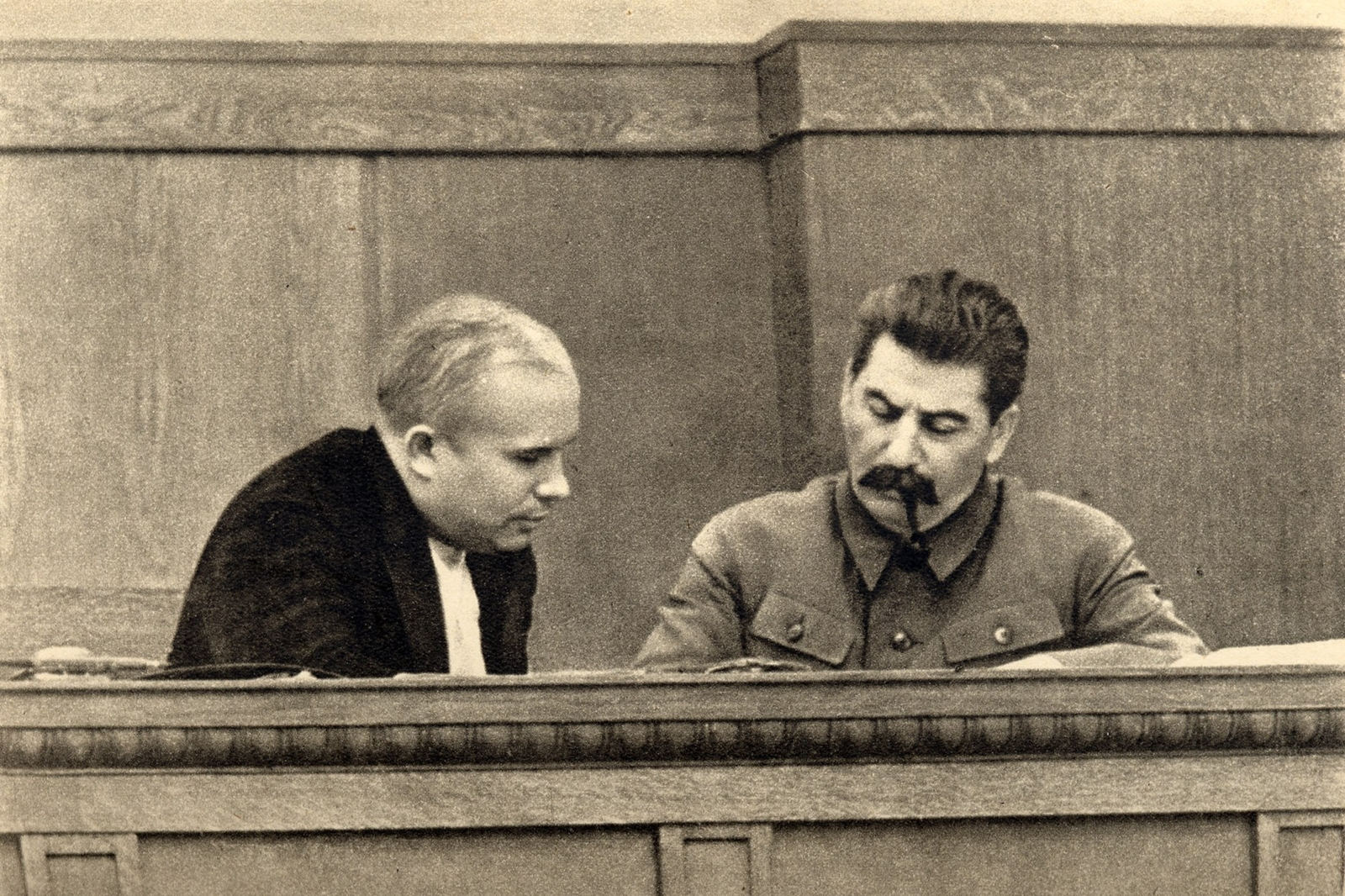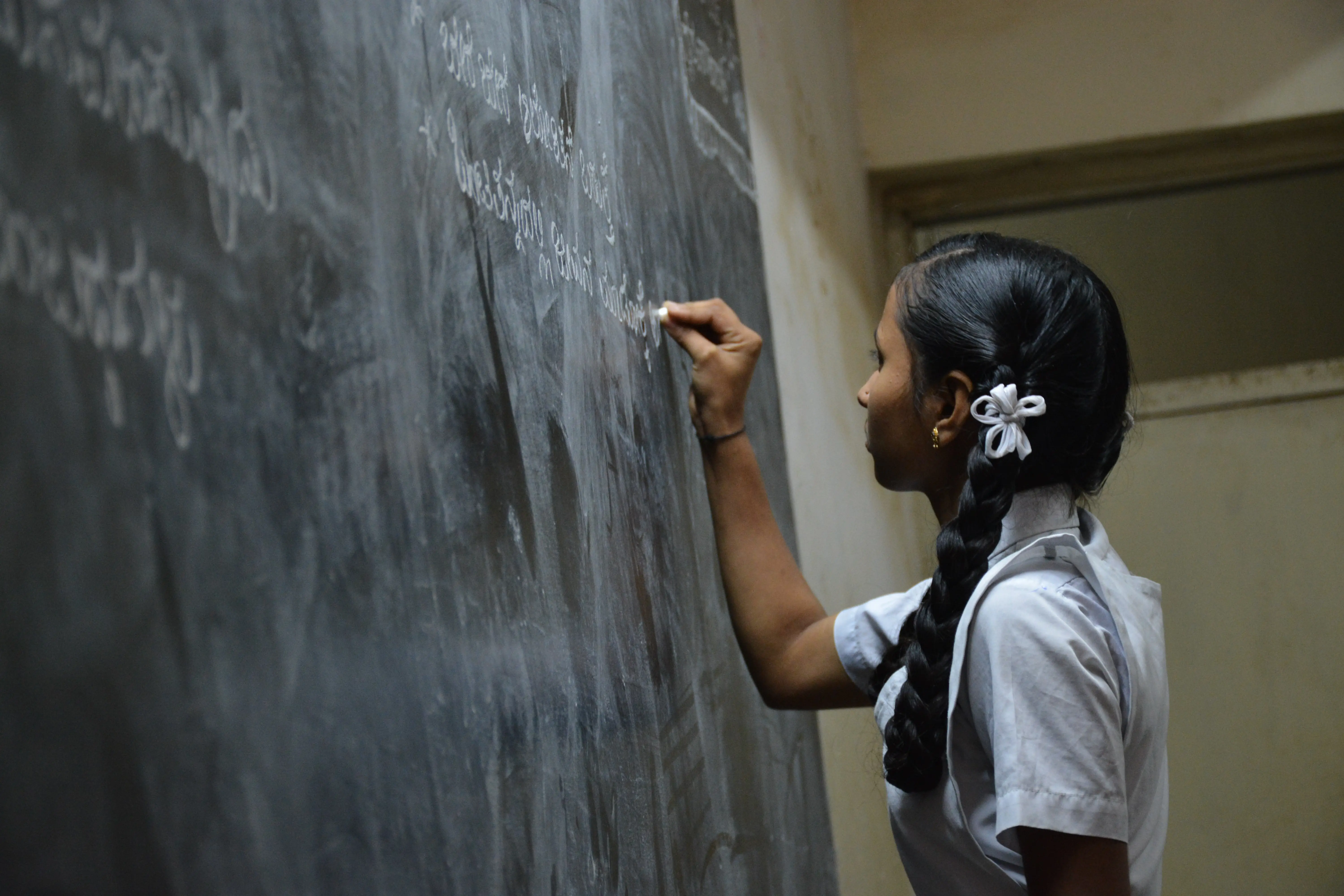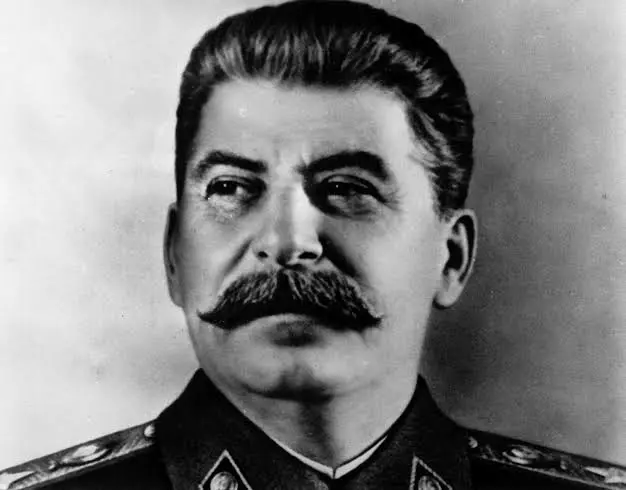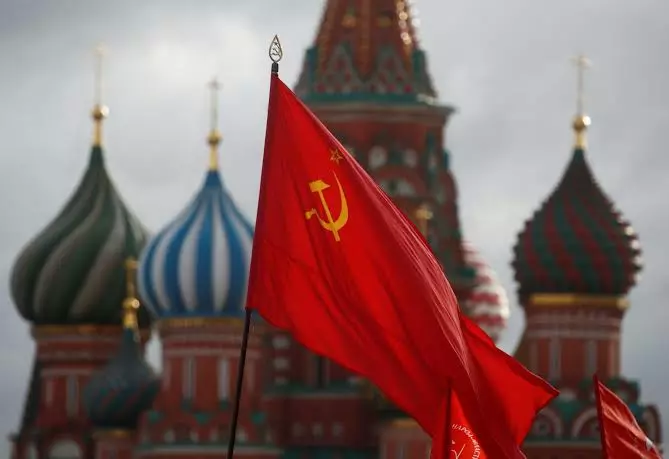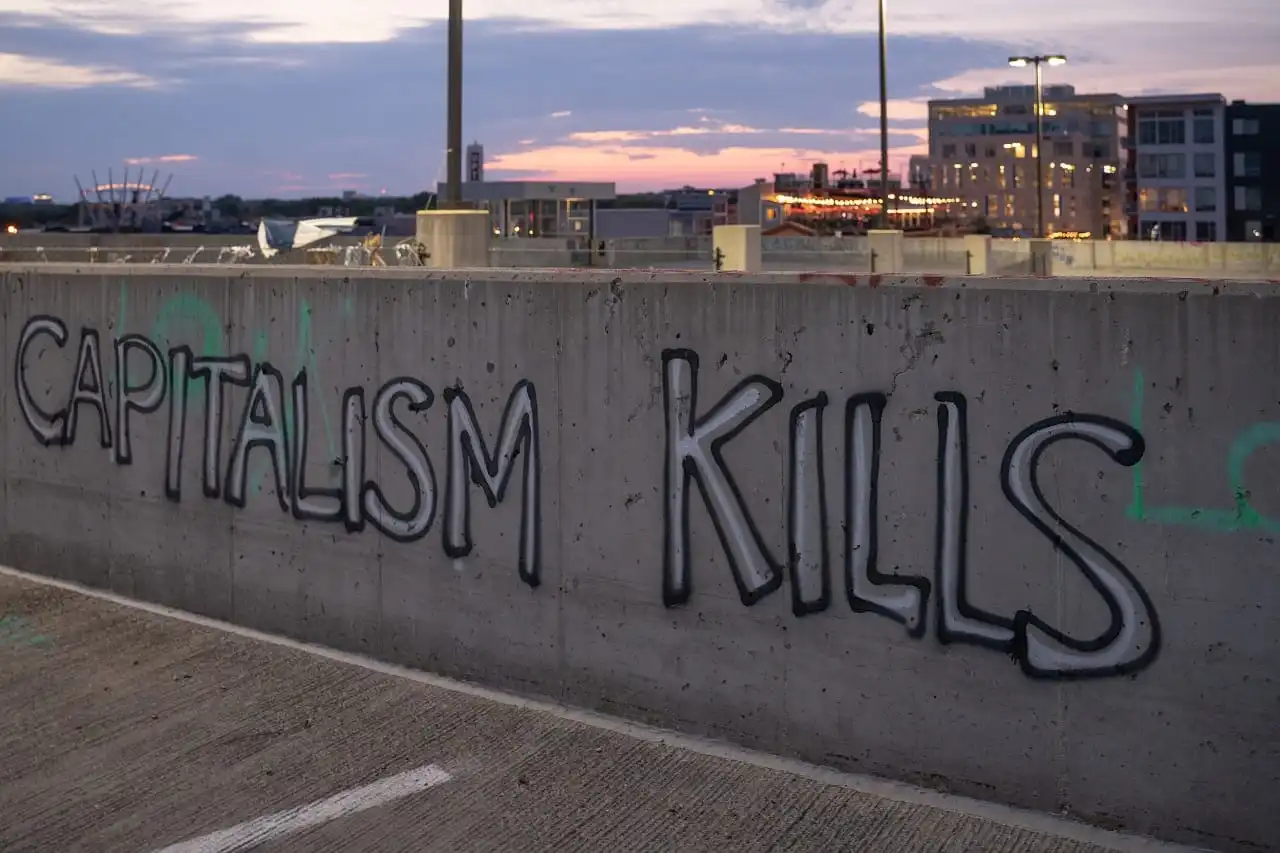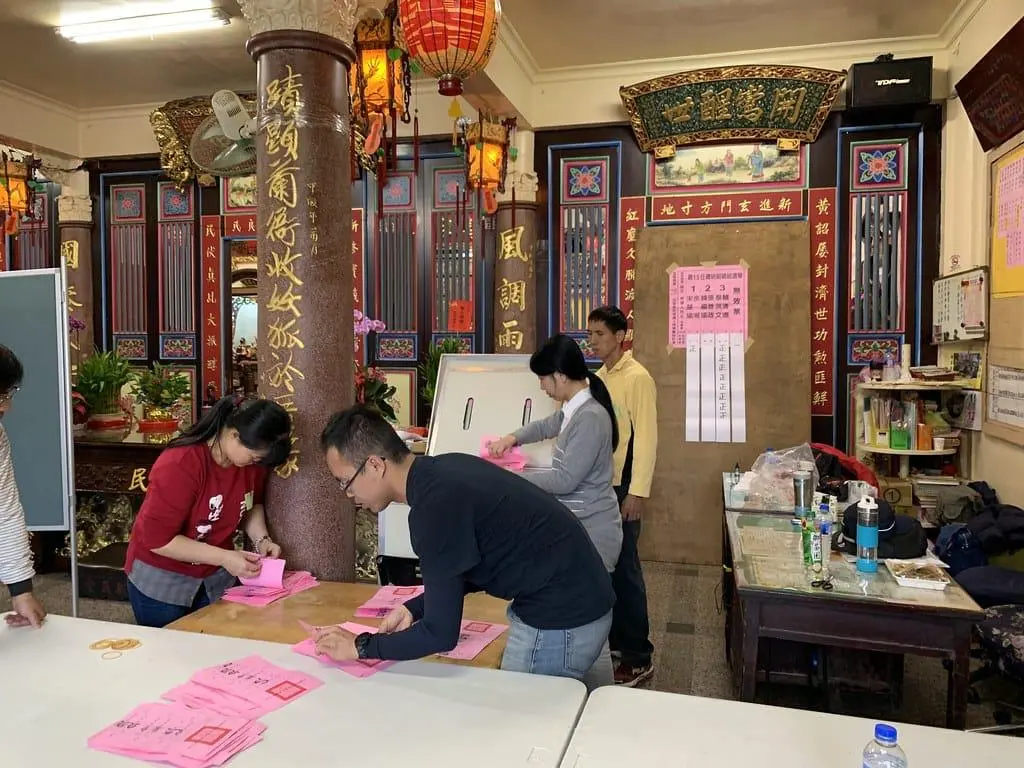Chapter III- Part 2: The Citadelle of Québec
It was in winter that the Plains of Abraham most enthralled me, and there, running on the ski trails or in the deep snow on the wooded paths that parallel the park itself, I felt alive and self-assured, whereas in the summer I always felt lost and never completely sure of myself. Before and during the plague, I always longed for the cold weather. I wondered about the time when the English and Scottish troops along with their sundry mercenary American troops stayed through the first winter within the walls of Quebec City, after defeating Montcalm and his small army, and I must admit a smile came over my face, realizing that many of them died there amid the frost and snow. They also would know defeat by the brilliant General Levis, who knew how to draw them out and lure them from the fortified city and deep into the Plains of Abraham, where the British forces and their allies were cut to pieces, and those who were able to escape back into the Citadelle walls found themselves to be fortunate.
However, as we love all things to the point of naiveté, I would like to describe a particular incident that took place with me only a few days after New Year’s Day in 2021, when I had gone on for my regular evening walk on Battlefields Park. I had been in quarantine almost a year now, and only spoken with two women, for a short period of time and respecting the social distancing that is required if you are to stay alive during a plague like Covid-19. I was exhausted by the months of isolation, being in what I would term a psychological solitary confinement for days, then weeks and months on end. Yes, I talked to my friends and family on my cell phone, and I did have conversations with former girlfriends, but it was not enough. I was completely alone, all that was before me every day was nothingness, and the specter of impending death should I be exposed to the deadly virus.

It was on a very cold January night in the middle of a field looking towards the elegant Musée National des Beaux-Arts building, knee-deep in snow with a bright moon in the sky, that I wanted to simply lie down and go to sleep, to lie splayed out on the frozen snow and let myself go from the wretchedness of living. It was not an interest or desire to commit suicide which made me want to simply go to sleep in the snow, never to awake again, but something far deeper, an acceptance of the law of nature. Then, I thought how one of my cousins, who suffered from depression, had killed herself by walking into a snowstorm in the middle of the night, and was only found the next day, dead and frozen in the snow. I thought of her, and a singular quiet pain engulfed me with a white light, and I stood in the snow for many minutes deciding what to do, and remembering my soldier years, the years that I had run long distance, and how I had played endless hours of football on grassy pitches with other footballers, and then as a coach playing with my team, something deep inside uplifted my demolished spirit, and I started the grueling walk through the snow back to my room.
Later in the small room, its spotlights illuminating my books piled all over the floor and bookshelves, and my canvases, paint brushes, turpentine, linseed oil and brushes, I noticed a large photo of Alexander Dumas on my Facebook timeline. With the photo of the great French writer were these words from The Count of Monte Cristo, "Solo un hombre que ha sentido la máxima desesperación es capaz de sentir la máxima felicidad. Es necesario haber deseado morir para saber lo bueno que es vivir" – which in English translates (more or less) to “Only a man who has felt utmost despair is able to feel maximum happiness. It is necessary to have wished to die to know how good it is to live.” It was of that despair that Dumas wrote in the Count of Monte Cristo, and that for a few minutes I felt such despair and understood why I had still wanted to live in a field of snow on the Plains of Abraham.
It was in and out of the fortified walls of Quebec City that I also came more to understand the false mythology of non-violence in which Thoreau played an intellectual role in opposing non-violence against the political ills of the world. He thought violence could not bring about change, whereas passive resistance could defeat the violence of both slavery and imperialism. During his time, he opposed the imperialist war aggravated by the United States to illegally grab the regions now known as Texas, New Mexico, Arizona, and areas of what is today California from Mexico. Thoreau being enamored of pantheism, he wanted to emerge from the more sordid aspects of American civilization to create a methodology of resisting without actually confronting the harsh realities of life, which can lead to violent acts of self-preservation. Thoreau, that idealistic New England philosopher, sought to resolve the contradictions of American society with a kind of intellectual passivism that could serve in the enlightenment of the American people.
As the Italian philosopher and historian Domenico Losurdo wrote of the emblematic Thoreau, “More measured, perhaps, was Henry David Thoreau, who distinguished himself from the bulk of the pacifist movement, assumed secular accents and was inclined to a pagan cult of nature.” His moral and political growth would be measured again by the acts of the abolitionist John Brown who created a guerrilla fighting force to liberate American slaves. Losurdo revealed Thoreau's dialectical process and his complex views on non-violence, and how he may have been evolving out of it in that: “Thoreau had no difficulty in making the transition from 'civil disobedience' construed as 'peaceful revolution' to resolute moral and political support for Brown, the armed prophet of the desired rebellion by the southern slaves.”
On my daily runs, leisurely walks on the top of the wall or passing through one of its tunnels, I begin to think again, as in my youth, about Mao Zedong, and his long march to create a base from which to counter- attack the armies of Chiang Kai-shek. And then, thinking of Thoreau’s jaunts along the fortifications, I began to understand in a subliminal way, that long excursion from non-violence as a youth into the mature understanding that the prerogatives in the struggle against modern neo- colonialism is ultimately reduced to submission to the colonizer or a violent struggle against the colonizer by every means at one’s disposal. I think that Mao said it better than I ever could:
It is well known that when you do anything, unless you understand its actual circumstances, its nature and its relations to other things, you will not know the laws governing it, or know how to do it, or be able to do it well. War is the highest form of struggle for resolving contradictions, when they have developed to a certain stage, between classes, nations, states, or political groups, and it has existed ever since the emergence of private property and of classes. Unless you understand the actual circumstances of war, its nature and its relations to other things, you will not know the laws of war, or know how to direct war, or be able to win victory.

Thus, in my observation of the fortifications in Quebec City, I took mental notes which were also emotional, but emotions disciplined by a deeper historical understanding of where I was in relation to my own country across the border. With civil war now looming, the lessons from the isolation of the plague, but also the community of people I met here under ordinary circumstances, helped me to understand why I was writing about the Battle of Québec in 1759, regardless of whether I finished it or not.

Writing of his brief visit to Quebec City, Thoreau goes to great lengths to mention his brief conversations with the British and Scottish troops garrisoned here in his time. Thoreau had a keen sense of humor and made sarcastic observations about the military garrison and what it represented to him. As the temperamental but witty New England philosopher observed of the military in Quebec City, “If you wish to study the muscles of the leg about the knee, repair to Quebec… Always the royal something or other… I shall never again wake up in a colder night than usual, but I shall think how rapidly the sentinels relieving one another on the walls of Quebec, their quicksilver being all frozen, as if apprehensive that some hostile Wolfe may even then be scaling the Heights of Abraham, or perceiving Arnold about to issue form the wilderness…” I can honestly say that I saw no British or Scottish troops, although I wondered as I walked past the headquarters of the 35th Canadian Brigade Group if modern Canadian troops could be seen around the courtyard there, and I did see an officer or two going out the front door of headquarters and walking sluggishly towards the parking lot.
During my autumn runs on two consecutive days I encountered a platoon of the Royal 22nd Regiment, known in English Canada as the Van Doos. They made a striking appearance in their camouflage uniforms, and when they disembarked from a bus in which the windows were blacked out, they quickly formed up before their lieutenant, as if they were going to mount guard. The troops were short for the most part and were cracking jokes in French, while their tall and gangly lieutenant with his beret tilted to the side of his head like the troops at attention before him, was rattling off some orders to his troops, and to my astonishment, they were totally ignoring him and still talking among themselves in a sarcastic, sing-song sort of a way. They were standing on the pavement leading to the top of the hill, where the little steel bridge leads to the northeast section of the Citadelle wall and the entrance to the military museum. I realized to my dismay how much they resembled their ancestors, those colonists who lived in New France and as French-Canadian militiamen engaged in war along with their indigenous allies, the Seven Nations. There were also the Troupes de Terre and Troupes de la Marine, more disciplined troops from France, but who were not accustomed to fighting unconventional skirmishes like their colonial brothers-in-arms.
I saw that the young Québécois troops before me in no way demonstrated the military bearing of their colonial ancestors in the art of war. There was the same sangfroid, but without taking themselves too seriously. As I studied them for a while, I remembered a quote from Mao Tse-Tung regarding how the temperament of war changes throughout the ages, when he wrote, “All the laws for directing war develop as history develops and as war develops; nothing is changeless.” Here, on the Plains of Abraham, during an early autumn day, I understood what the Chinese revolutionary commander meant by how all things change, and how war and the measure of the way troops behave in time of peace and war also changes like the turning of autumn leaves.
I should like to relate two incidents that happened to me among these troops as well as an encounter in early October with a soldier from the 22nd Regiment who was in the guardhouse only a few meters away from the entrance to the Musée Royal 22e Régiment in the bowels of Cape Diamond. It was in the late afternoon, when the leaves were just beginning to turn on the Plains of Abraham, that I noticed a tall and rather heavy-shouldered soldier standing nonchalantly outside the wooden guard house. As it was during the autumn months of the plague, I don’t know what got into me, but I decided to amuse myself and walked towards the soldier speaking loudly and with mock seriousness, “Soldier, why aren’t you wearing your mask! You know it is against military regulations! Where is your mask?” He looked over at me and down towards me, as I am a small man physically, and seemed confused, and then he said sheepishly, “Sir, you are right, I should be wearing my mask!” I laughed, saying to him, “Soldier, I will let it go this time, but next time, I will report you, do you understand?” Then I started laughing, and still with a puzzled look on his wide Gallic face, he shouted up to me, as I was climbing to the heights of the wall leading to the small bridge which would get me to the southwestern part of Battlefields Park, “I promise next time, next time, Sir to have my mask!” and there was a long guttural laugh from the solder that echoed across the Citadelle wall. I thought to myself, that is the last of your Napoleonic behavior, and I chuckled as I continued to run down the embankment after crossing the small bridge, my own mask nearly falling off my face!
The other incident that occurred below the sloping hill leading to the small bridge to the northeast side of the Citadelle wall was not playful but violent in a cultural way. I was coming back from my run on the battlefield park, and as I began to run up the hill, I saw a platoon of troops waiting near a bus for their assignment. As I stopped to look at the troops in formation, a local runner attired in fashionable running gear, who looked to be in his early or middle forties, with a lean swarthy Gallic face, his hair beginning to go slightly gray, advanced towards me with a sardonic grin on his face. He was not wearing a mask, and he began to jump up and down in front of me and came about two inches from my face and stared into my eyes and masked face. I knew he was mocking me for wearing a mask, as the effeminate middle-and upper-class men who reside here seem to express their machismo by not wearing masks. They and their wives and girlfriends have even held massive anti-mask rallies to protest their displeasure at the obligation to wear masks to fight off the plague. I attempted to stare down his glaring look, and with his vicious laughter in my face, I told him very calmly, but in steely language, “Get away from me motherfucker, do you hear me? Get away from me or I will kill you.” He looked at me wide-eyed and suddenly jumped away from me and ran down the slope of the hill like a frightened rabbit. I stood near the bridge looking at him, thinking how close we had been to a fight, and how I had wanted to go down to the lieutenant who was giving commands to his troops and ask for help, but I was too hesitant, and so I wisely or unwisely confronted a Québec sociopath on the Plains of Abraham.

I would learn later on how the people here, after hundreds of years of being culturally and socially colonized, have become vindictive and provincial in their outlook of the world, and anyone who does not like them was deemed a foreigner to be rejected and even threatened. They have not yet matured like the Algerians, Cubans and even the colonized Mexican Americans in the United States to use creative, deeper intellectual and militant activity against their national oppressor. When a people are conquered, the contradictions of their lives become more apparent, and as the Italian historian Domenico Losurdo wrote in his classical work, Liberalism, A Counter-History:
“Following the defeat suffered during the Seven Years’ War, France had lost virtually all its colonial empire in 1763. This had imparted to the critique of colonialism and the institution of slavery a diffusion and radicalism hampered, by contrast, in the English and American world by substantial material interests and a national, chauvinistic spirit…”
Now in 2021, I am more than aware how the early birth of liberalism, which would also be known as the Age of Voltaire during the Seven Years’ War, would also mean calamity for the French colonial citizens left defeated on the Plains of Abraham, and who in their backward ways, still bore hostility towards their mother country, France, which they felt had abandoned them to English and Anglo-American political chauvinism within the borders of a great colony that once held its head high as New France. I can honestly say that despite what I have witnessed here before and during the plague in my year in Quebec City, I know the people of Québec will free themselves from neo-colonialism in spite of their smallminded prejudices and childish non-conformity. Living among them in the historic heart of Quebec City I have been able to understand my own prejudices and need for growth, as a colonized American.
Click here to read the previous part.
